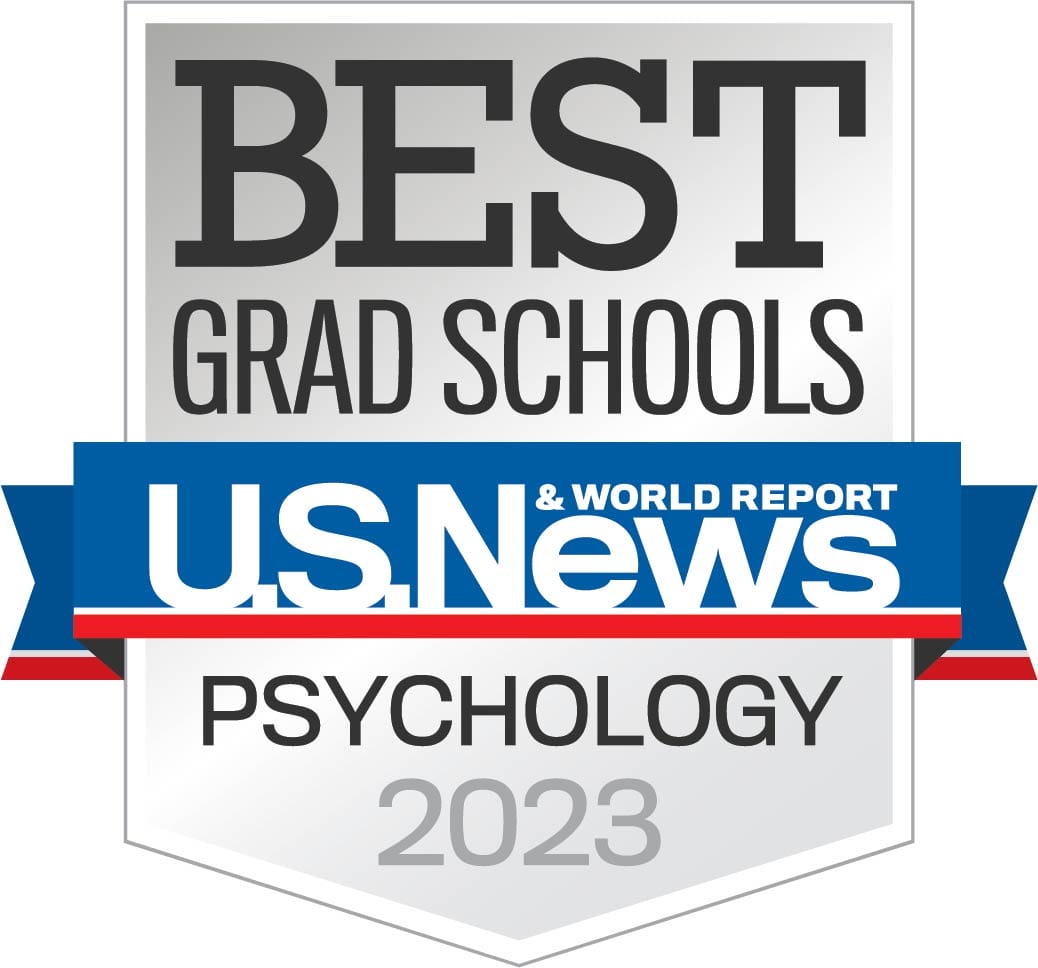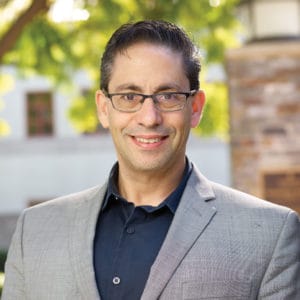The PhD in Applied Social Psychology trains you to conduct research that advances and applies scientific knowledge to address pressing societal issues that include social identity, group conflict, health behavior, and influence and social change.
 CGU’s program in Applied Social Psychology provides a comprehensive grounding in social psychology that surveys the field’s theoretical foundations within interactive seminar-style classes. Curriculum and research projects emphasize in-depth examination of the field’s core areas, including attitudes and persuasion, group processes/intergroup relations, interpersonal processes, and motivation, affect, and cognition. Research is the foundation of the PhD program, with much of it conducted in faculty labs and faculty-led or -mentored research groups.
CGU’s program in Applied Social Psychology provides a comprehensive grounding in social psychology that surveys the field’s theoretical foundations within interactive seminar-style classes. Curriculum and research projects emphasize in-depth examination of the field’s core areas, including attitudes and persuasion, group processes/intergroup relations, interpersonal processes, and motivation, affect, and cognition. Research is the foundation of the PhD program, with much of it conducted in faculty labs and faculty-led or -mentored research groups.
Program Highlights
- The program emphasizes the development of methodological and statistical skills early on, which quickly positions students to excel as researchers.
- Research activity is diverse and includes attitudes, persuasion, and social change; self, social identity, culture, and community; group processes and intergroup relations; pro-social behavior; interpersonal and close relationships; and influence and persuasion.
- Our graduate students are encouraged to gain practical experience through projects, internships, or jobs, often at CGU’s research centers and affiliates, such as the Claremont Evaluation Center or the Health Psychology and Prevention Science Institute.
- All students who request financial aid receive fellowships. The Division of Behavioral & Organizational Sciences (DBOS) also regularly hires students for paid teaching assistantships.
Colloquia and Conference Series
The social psychology program hosts several colloquia and conference series, including:
- The Social Socials, a biweekly research colloquium
- The Stauffer Colloquium series, which hosts an annual speaker
- The Claremont Symposium on Applied Social Psychology series, an annual conference that is subsequently published as a book
Program At-a-glance
-
72 units
required units
-
PhD in Psychology
degree awarded
-
In Person
modality
-
Spring, Fall
program start
-
5-7 years | full time*
estimated completion time





